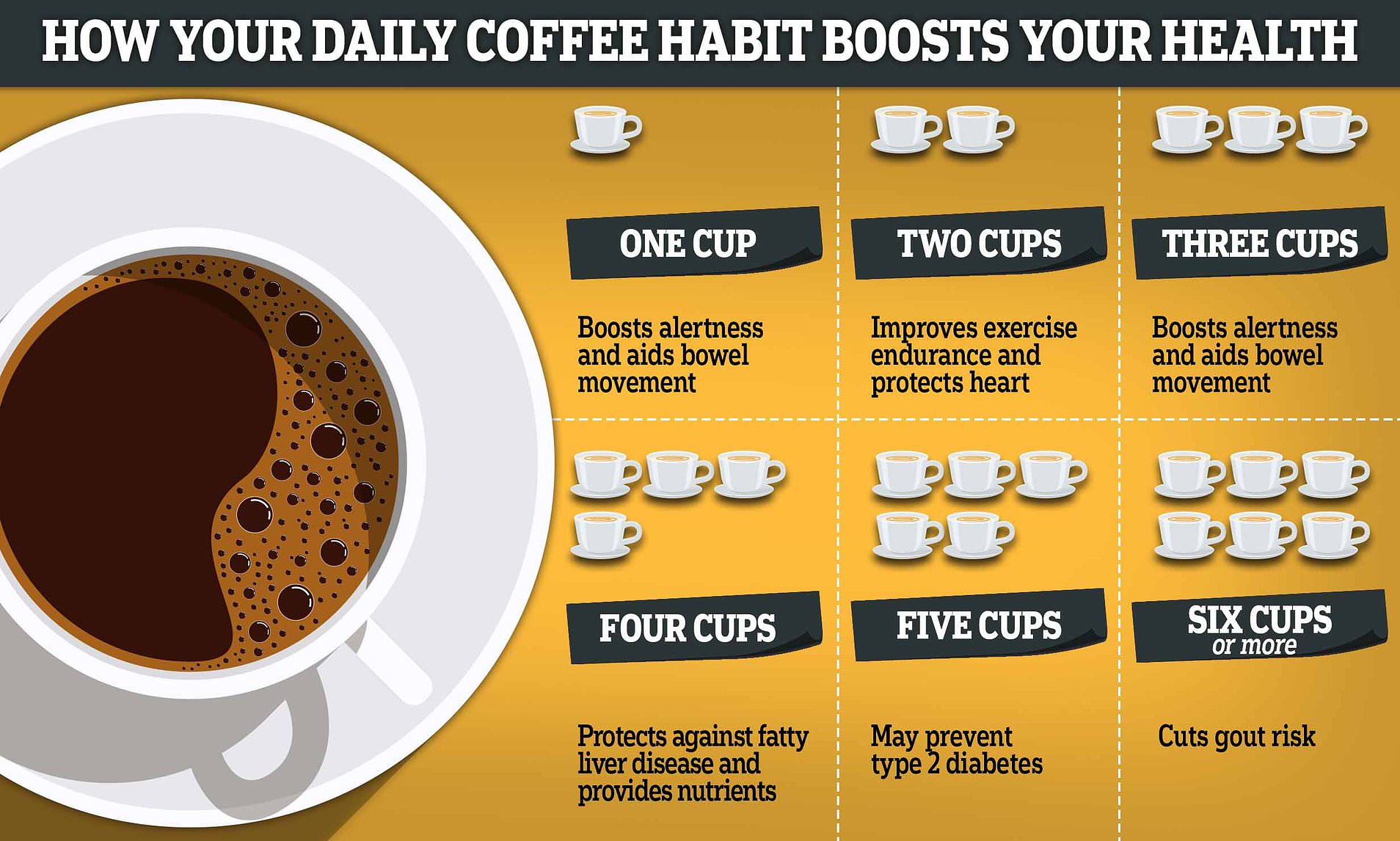Blog
How Much Coffee is Healthy Daily?
Coffee has long been one of the world’s favorite beverages, and for good reason: research has linked its consumption with numerous health benefits ranging from reduced cardiovascular disease risk to relieving depression. A recent study even showed that those who consumed three cups a day saw 19% lower cardiovascular disease mortality risk and 30% reduced overall mortality risk than those who didn’t drink any caffeinated beverages at all! But moderation is key – too much coffee (or any caffeinated beverage) can have detrimental side effects on our bodies including palpitations and reduced sleep quality!
Coffee should ideally be enjoyed black for optimal health benefits; without calories and only minimal amounts of fat. Furthermore, black coffee offers essential micronutrients like potassium, magnesium and niacin. Unfortunately, most people who drink coffee add milk, sugar or both as additional supplements – this can offset any possible health benefits; so be mindful of reading labels carefully when purchasing your beverage and the amount of caffeine contained within each serving.
One cup of plain coffee typically contains 100 milligrams of caffeine while an average cup of brewed coffee typically has 200 to 300 milligrams. If you want to restrict your caffeine intake, it may be wiser to choose decaffeinated options since many instant and filtered brands contain over 50 milligrams per serving.
Coffee has long been used to improve mood and boost brain power, as well as to reduce the risk of kidney stones, liver disease, gallstones and Parkinson’s disease. Research also indicates that those who consume four or more cups daily could reduce their risk of multiple sclerosis by as much as 33% due to caffeine’s neuroprotective properties preventing formation of inflammatory proteins that lead to MS.
Although studies have linked regular coffee drinking with reduced risks of various diseases, it’s important to keep in mind that all these studies were observational and therefore cannot prove direct causality of results. Still, experts generally advise limiting daily coffee consumption to around three or five cups of black, unsweetened non-decaffeinated coffee for healthy adults.



